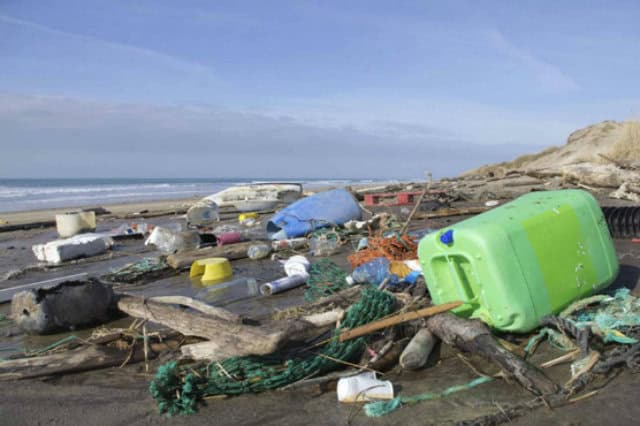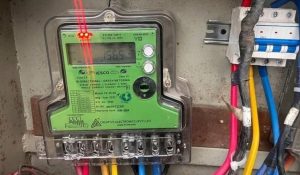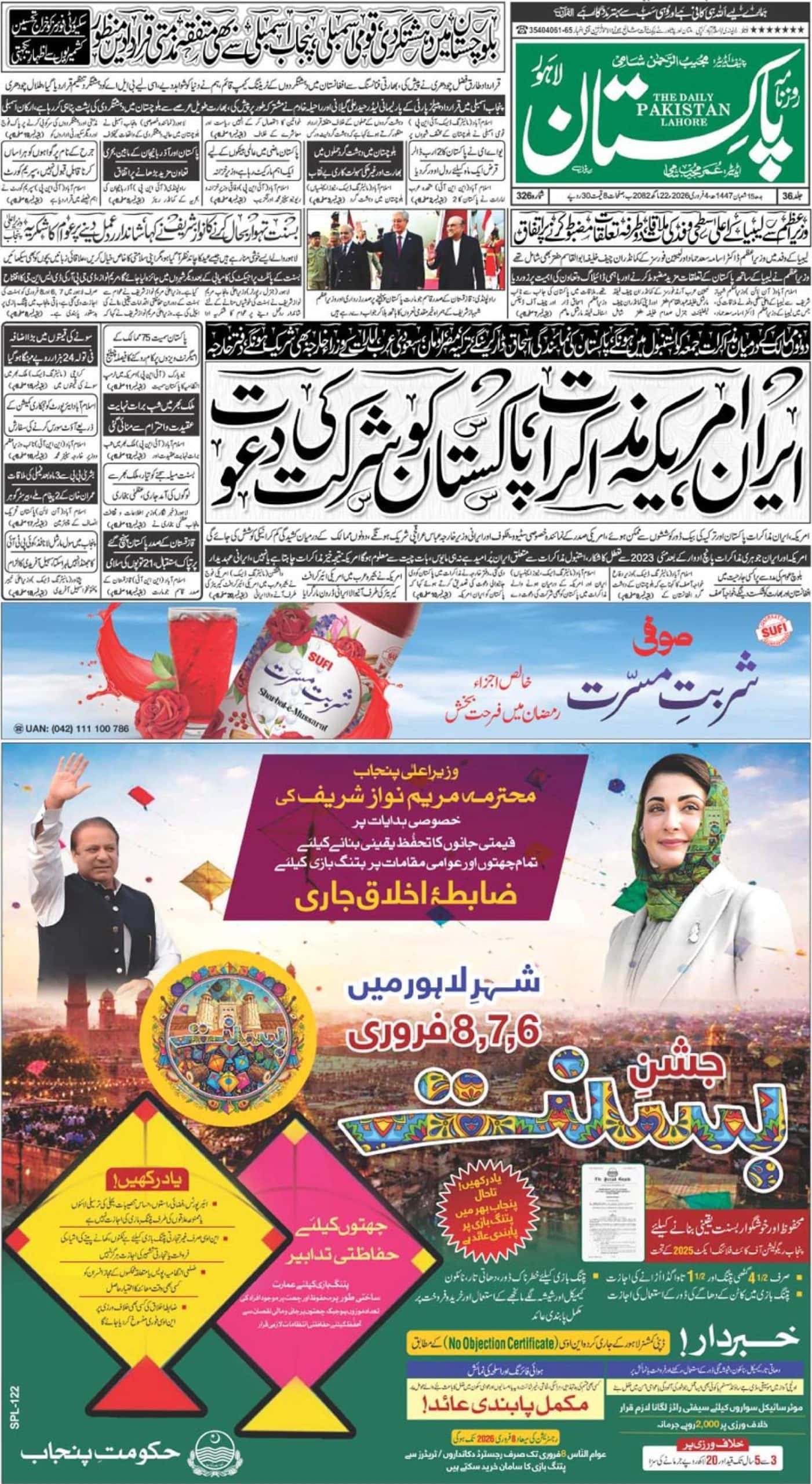LAHORE – The World Wide Fund for Nature-Pakistan WWF-Pakistan) held its the 6th annual green office network meeting in the provincial capital yesterday to highlight the urgent need to swiftly translate sustainability strategies and the best practices to reduce plastic debris into Pakistan’s actionable development plans.
The aim of the event was to turn the tide and solve the excessive plastic waste problems.
The keynote address was given by environmental lawyer, Rafay Alam, who discussed prevailing laws regarding plastic consumption and its alternatives in Pakistan. Hassan Sipra, Scientific Officer, Centre for Climate Research and Development, COMSATS shared his research on the informal waste sector of Lahore or plastics waste management in Pakistan.

WWF- Pakistan Director General Hammad Naqi Khan said, “Using large quantities of single use plastics day after day is clearly devastating for our oceans. It is important to start focusing on how to phase out single use plastics in a more sustainable manner instead of only thinking of end of pipe solutions such as recycling or waste disposal. Both governments and companies must to work together to minimise plastic waste.”
It is estimated that around 6.4 million tonnes of trash, which mostly contains plastic, is dumped in the world’s oceans every year. Around 90 per cent of seabirds take in plastic. Fish and other animals are also not spared as they consume microplastic or become entangled in plastic debris.
If plastic bags, bottles, toys and packaging material are not disposed of properly, they reach the sea and damage coastal ecosystems.
“The ocean is expected to contain one tonne of plastic for every three tonnes of fish by 2025 and by 2050 there will be more plastic than fish in oceans globally,” Naqi added.
Begum Zakia Shah Nawaz Khan, Punjab Minister for Environment Protection, said: “Efforts of the government alone cannot have a significant outcome unless the public shows interest and gets involved in reducing plastic consumption. People should shift from disposable plastics to reusable material like cloth bags. If we do not take up this issue now, it will be devastating for all living beings.”
Nazifa Butt, Manager Environmental Assessment/Green Office Initiative, WWF-Pakistan said, “Our dependency on plastics has increased over the past decade, it’s time that civil society realizes the importance of not using plastics and chooses alternatives. WWF-Pakistan through the Green Office Initiative is also educating the corporate sector about plastic waste and encourages plastic recycling initiatives.”
The one-day event was attended by corporate partners, public sector leaders, academia and industry practitioners from across Pakistan.
A series of specialist speakers from Engro Fertilizers and Corporation Ltd, JS Bank, and Unilever Pakistan provided insight into their respective plastic recycling initiatives.

The event was followed by an awards ceremony for Green Offices with best performances in reduction of their carbon footprint. Engro Foods Limited received the awarded for reduction in paper consumption by 58.2%, Philips Electrical industries for reducing waste generation by 64.5% and Engro Foods Dairy Processing Plant for its reduction in energy consumption by 10.1%.














